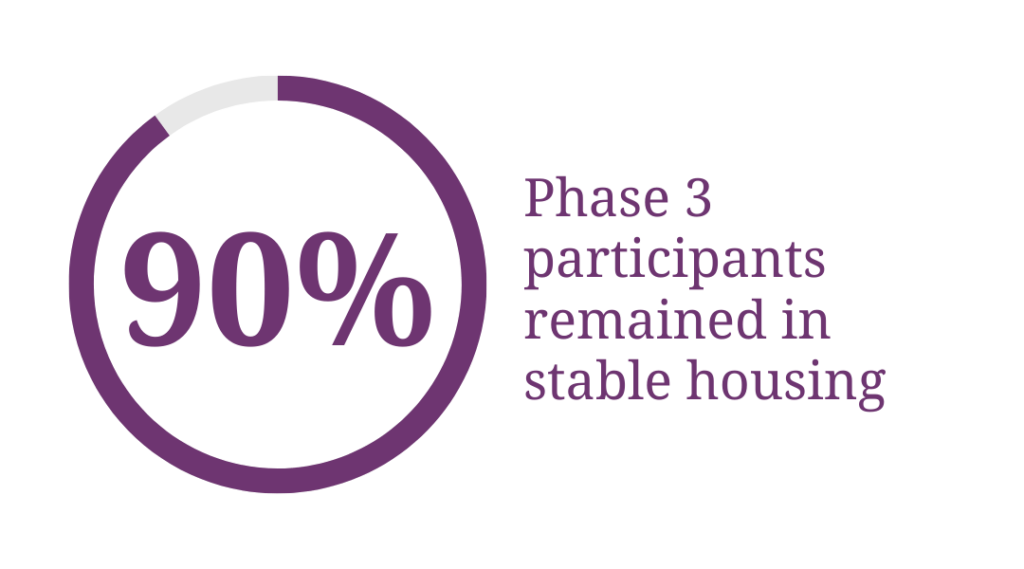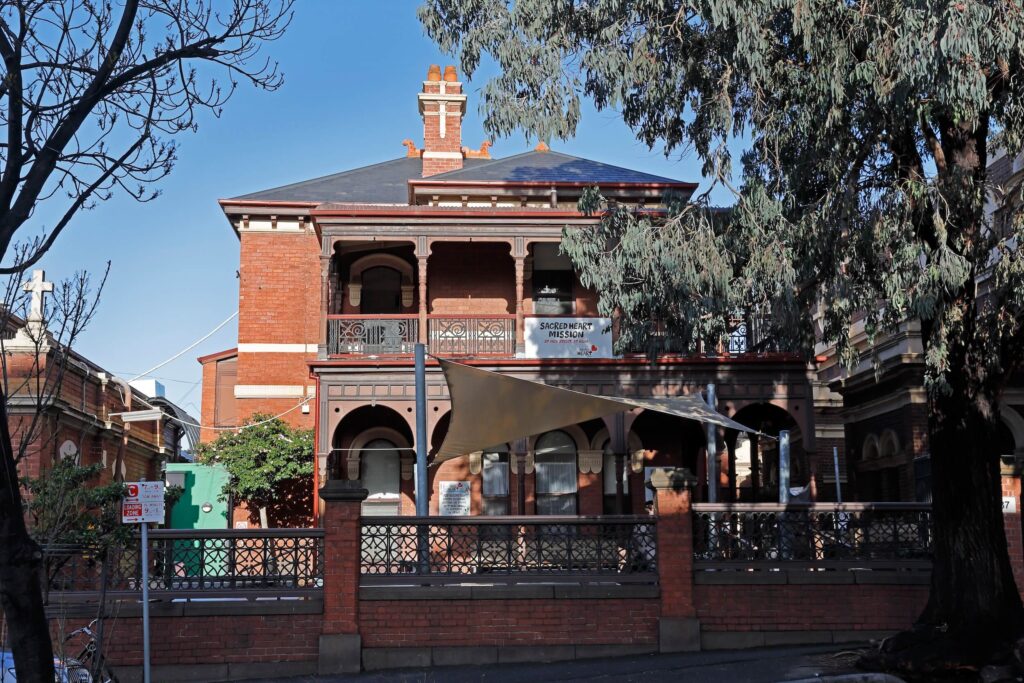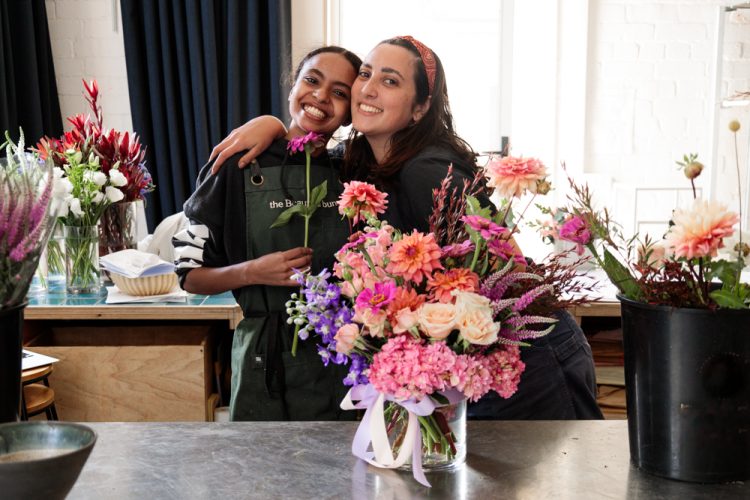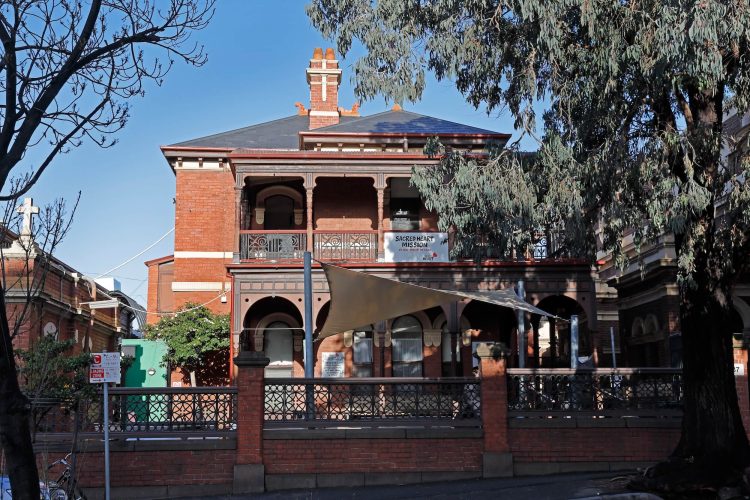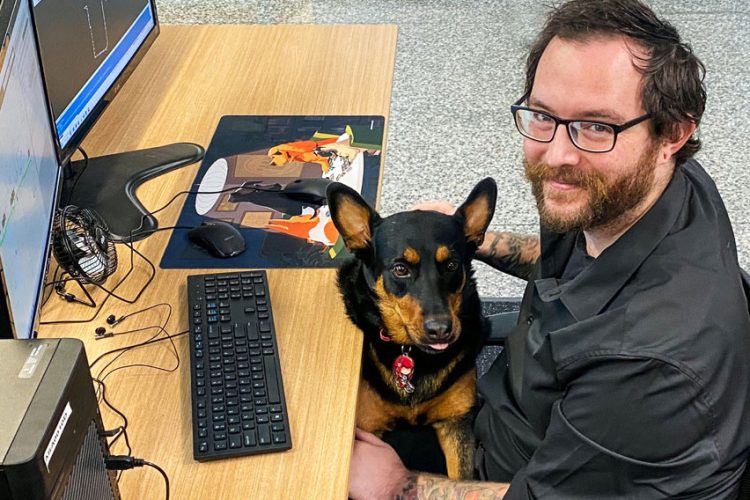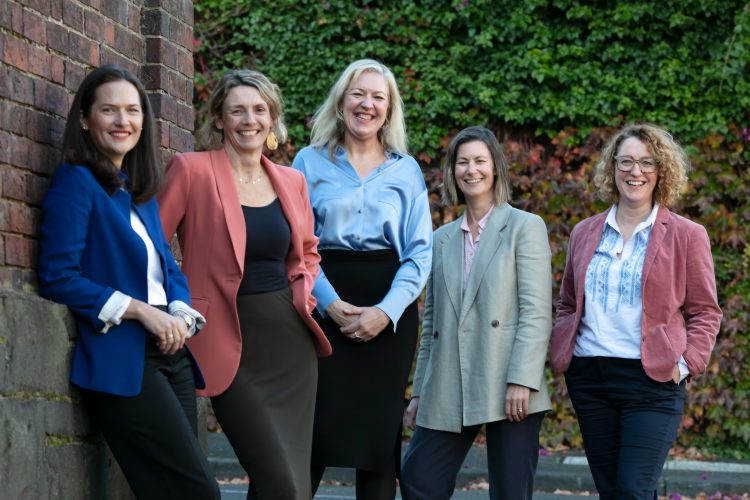Journey to Social Inclusion (J2SI) is a housing-first approach to addressing homelessness created by Sacred Heart Mission. The William Buckland Foundation (the Foundation) provided funding that adapted as needs changed; firstly, to develop the model and then a contingent grant that enabled J2SI to scale. J2SI’s success highlights the collaboration needed to break cycles of disadvantage; from service providers piloting new approaches, to philanthropy providing risk capital and government scaling and backing what works.
Opportunity
In 2006, more than 40% of people accessing services from Sacred Heart Mission were trapped in the cycle of homelessness.
Sacred Heart Mission decided to disrupt this cycle by redirecting attention to underlying causes, supporting individuals to tackle persistent challenges and foster stronger community bonds – creating the Journey to Social Inclusion (J2SI) model. The model provides rapid access to housing and three years of wrap-around support tailored to the individual, including treating physical and mental ill health, developing life and interpersonal skills, numeracy and literacy, practical living, housing tenancy, assertiveness, and job readiness.
The Foundation committed $750,000 to the pilot, which ran from 2009 to 2012. Other funders that supported J2SI included the Lord Mayor’s Charitable Foundation, The Peter and Lyndy White Foundation, RE Ross Trust, Victorian Government, St Mary’s Parish East St Kilda, AndyInc Foundation, Limb Family Foundation, Cabrini Health and Orcadia Foundation.
The pilot’s impact was independently evaluated, confirming longer term, wrap-around support was more successful in moving people out of homelessness and the cost was less than non-J2SI participants’ use of existing services such as health and justice services.
Taking action
Philanthropy is well placed to support innovation. Philanthropic funding allowed J2SI to develop and adapt over time and the Foundation’s support then matured alongside. In 2018 the Foundation provided a $250,000 contingent grant, a guarantee supporting SHM to deliver J2SI under a contract with the Victorian Government which includes payments based on outcomes.
William Buckland Foundation Chair, Jennifer McGregor AM said the Trustees are committed to supporting new models of both granting and investing to help end disadvantage in Victoria.
“The Foundation’s funding strategy does not shy away from projects that others may deem risky,” she said.
“We understand we need to use every tool in our toolbox to support organisations like Sacred Heart Mission as they address complex challenges, whether that be granting, contingent grants, or through Impact Investments”.
J2SI pilot – granting
The pilot began by supporting 40 people in St Kilda, while understanding the underlying causes of their homelessness, resolving trauma and addressing stigma.
This approach works. A year after the pilot ended, 75% of participants maintained stable housing, with 80% needing less health services.
Phase 2 expanded to 60 participants, with 82% remaining in stable housing after three years. Direct savings were estimated at $32,293 per person in government funds over the support period compared to an increase of $66,335 per evaluation participant not supported by J2SI.
Expanding J2SI – Social Impact Investment
In phase 3 Sacred Heart Mission supported 180 participants, requiring more funding than trusts & foundations could provide. Instead, it was delivered through the Victorian State Government’s first Social Impact Investment.
The Social Impact Investment is a newer funding model, where payments are dependent on proven outcomes for participants. For J2SI, success was measured by increased stable housing and reduced hospital stays.
The Foundation’s $250,000 contingent grant allowed Sacred Heart Mission to access low-cost debt to deliver J2SI, providing security in case of underperformance.
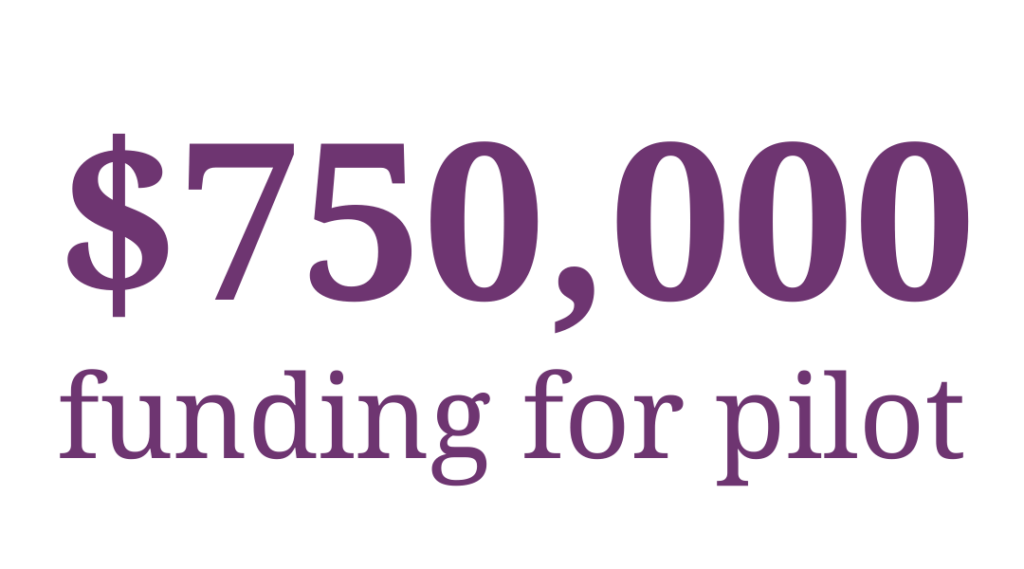
This wasn’t an issue, as J2SI exceeded its targets. 90% of people remained in stable housing, with a 60% reduction in ‘hospital bed days’. Sacred Heart Mission released the Foundation from its contingent grant commitment in December 2023.
In May 2024, J2SI was included in the Victorian State Budget, with $45.4 million of funding enabling Sacred Heart Mission, The Salvation Army, Uniting (Vic/Tas) and Vincent Care Victoria and local ACCOs to support people in Melbourne and regional Victoria to leave chronic homelessness behind.
Learnings
Strategic philanthropy drives impact: Philanthropic support can enable innovative social programs to access larger funding opportunities.
Long-term, flexible support is key: Long-term partnerships, rather than one-off grants, provide stability for programs to grow and adapt.
Innovative financing options are valuable: Accessing low-cost finance through guarantees and alternative forms of philanthropy can be more effective than traditional one-time grants.
These learnings emphasise the importance of strategic partnerships, long-term support, and flexible funding models in driving successful social initiatives.
Impact
J2SI is now a sustainable, government-funded program delivering demonstrated results. It is no longer reliant on philanthropic support.
Suzanne Findlay from Sacred Heart Mission explained this approach required funders with an eye for innovation.
“We talked to people interested in J2SI’s impact and investors looking for returns, but we needed those who understood both. The William Buckland Foundation helped support a new investment model, which was ultimately more cost-effective for the government. It was a truly innovative approach.”
CEO Hang Vo recognised the Foundation’s long-term support as J2SI has evolved.
“We’ve been able to move from philanthropic funding to government funding, and most importantly we have supported more people out of homelessness,” she said.
Photo credit: Mark Munro
